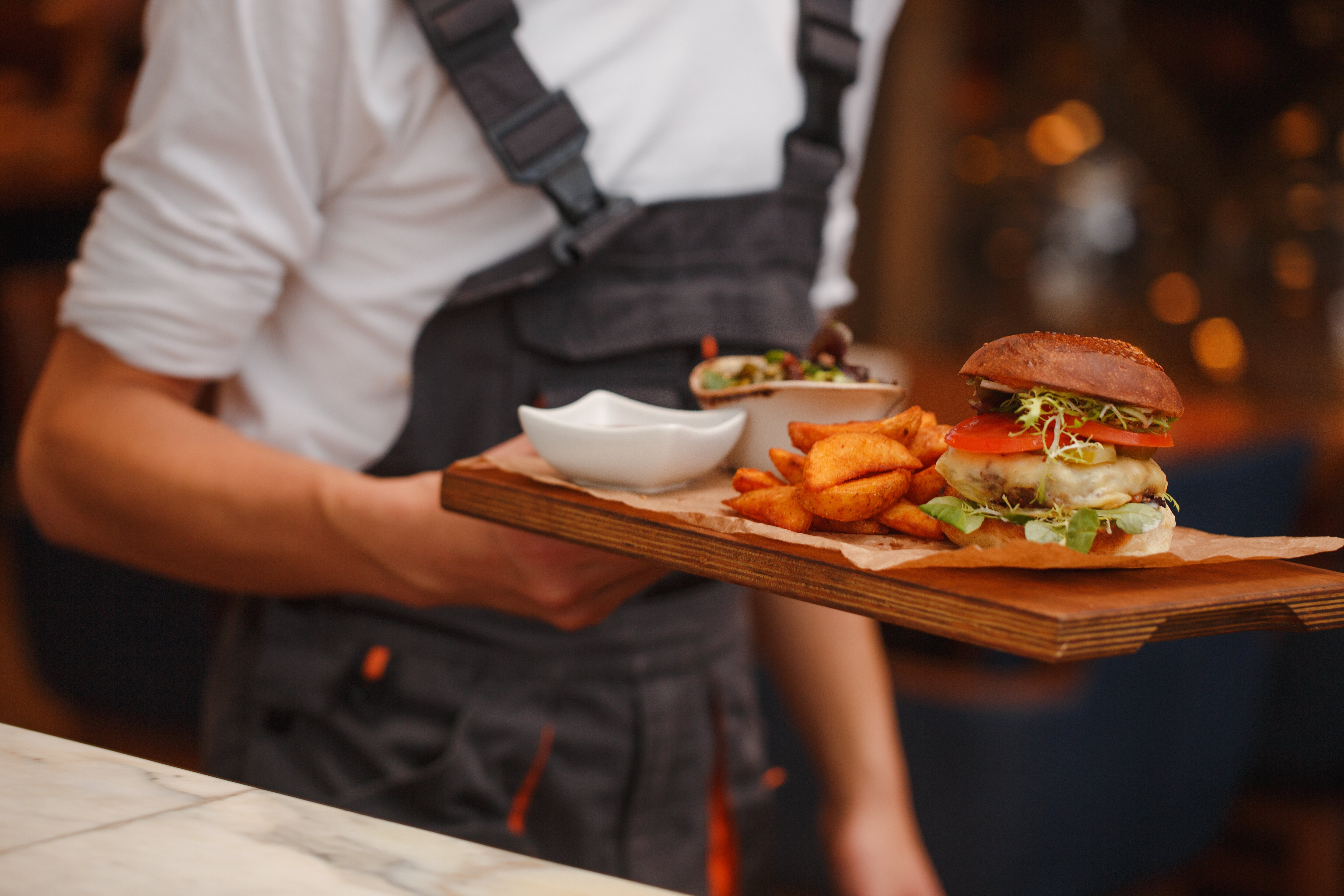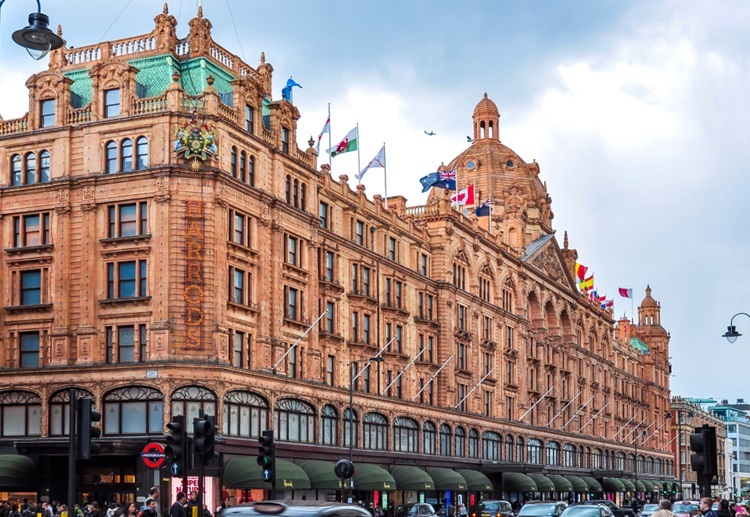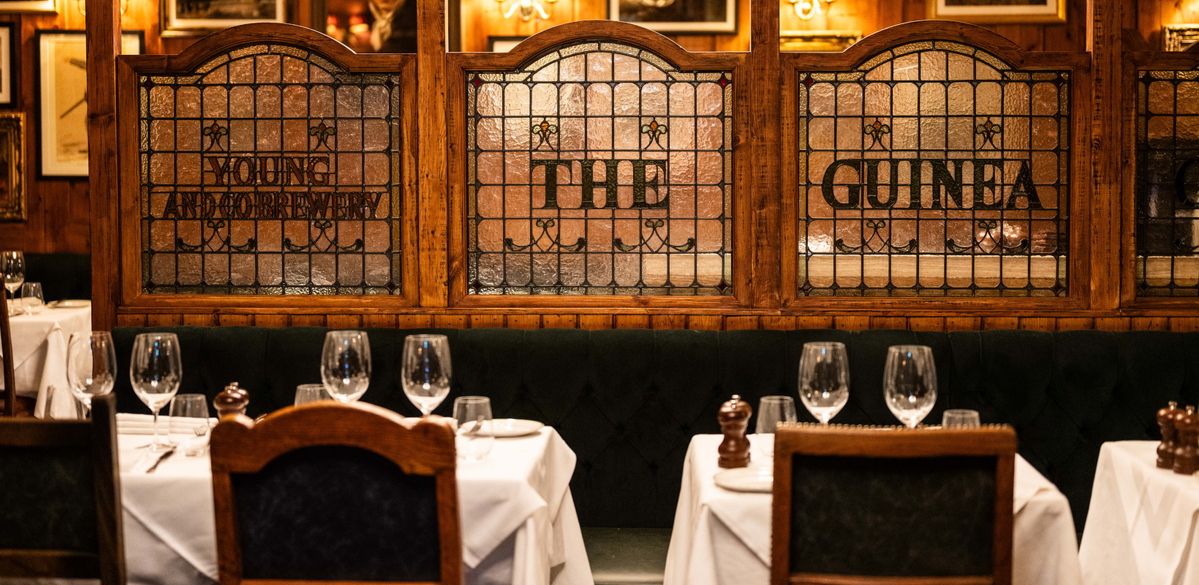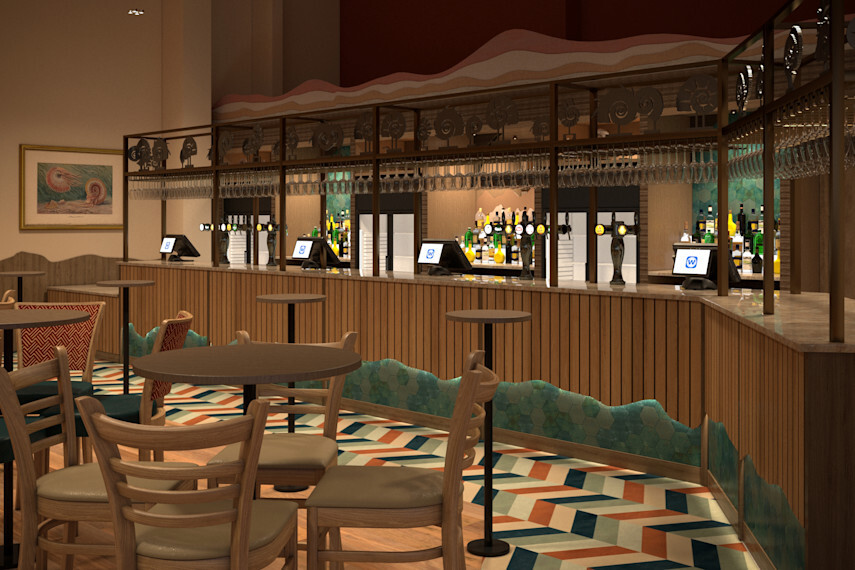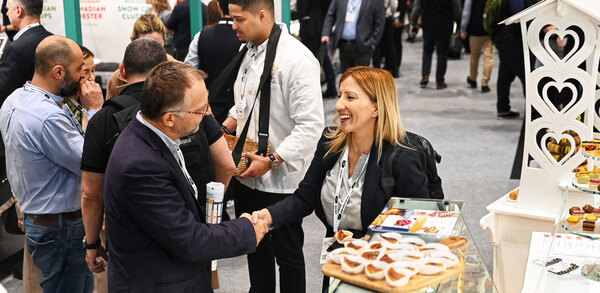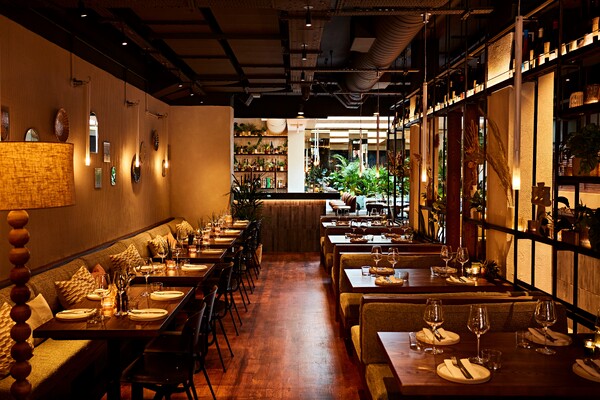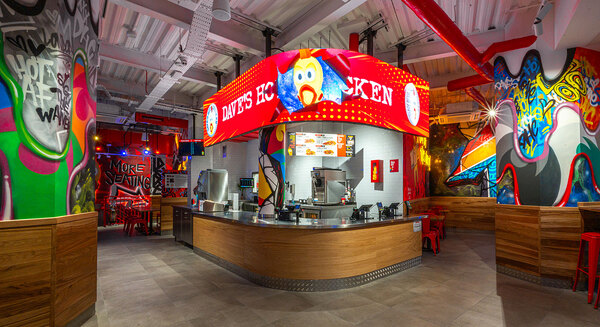Fear and optimism as operators look beyond Eat Out to Help Out
As operators step into unknown territory at the end of August's Eat Out to Help Out scheme many fear a tough autumn and winter ahead.
While some are continuing their own versions of the scheme, others have warned against promoting a culture of discounting that could prove unsustainable, or simply cannot afford to fund it themselves and are looking at other ways to boost trading through the autumn and winter.
Mark Gurney, co-owner of Larry’s, Salon and Levan in south London, told The Caterer that despite August being “fantastic and busy”, continuing it would be “unrealistic and a false economy”. He explained: “One thing we’re passionate about is not getting into that discount culture world. It shouldn’t be about cheap food, it should be about the right price. It’s almost set that kind of tone which is troublesome for us.”
His challenge now, he said, is to operate with a reduction in outside seating during the winter months, combined with the reduced covers inside at a time when he fears consumers will be tightening their belts as the furlough scheme comes to the end. He added: “August, with Eat Out to Help Out, has definitely been a feast, but I fear now that the winter will be the famine. Eating out is a luxury.”
Others agreed that discounting was not a long-term solution. Tim Foster, who operates The Wiremill Lakeside Pub and Inn in Surrey, told The Caterer that while the scheme had been a “real cash injector”, extending it was “fool’s gold”. He said: “We simply don’t have the margins in our business to continue. Once you’re caught in the trap of discounting it’s incredibly hard to get out.”
Hawksmoor, who have steakhouses in London, Edinburgh and Manchester, announced it would not be extending the scheme because “restaurants have to stand on their own two feet with the conviction that their normal prices are the right ones”.
However, year-on-year figures for August have been encouraging. Data from OpenTable showed that 25 August the number of seated diners was 106% higher than the equivalent day in 2019. Initial forecasts seem positive, too, with figures from YouGov showing that 50% of people who used the scheme intend to dine out the “same amount or more often” in September, with some operators feeling optimistic that the impact will continue.
Jemima Ferguson of Itsu said the scheme had been “hugely successful” in helping to drive over 50% more transactions across the months. She added: "We believe ripple effects from the positive impact of this scheme will be felt for many months to come.” And Meg Ellis, commercial director at Honest Burgers, was equally encouraged by “the shift in energy” in the sector as a result of the scheme. “Seeing the vitality coming back into their restaurants has been a joy to witness,” she added.
UKHospitality chief executive Kate Nichols hailed the scheme a “great success” but feared many operators were “still too financially vulnerable” to extend it themselves. Instead she called on the government to consider an extension. “It would keep customers excited about going out and give businesses the support they still need. It would also mean that those businesses that have been unable to open don’t miss out on the benefits of the scheme.”
The much-debated ‘landmark’ scheme was created to protect 1.8 million jobs in the hospitality sector and contributed to a month of record-breaking sales. By the end of week three, over 64 million meals had been claimed, with final figures yet to be confirmed. Chancellor Rishi Sunak thanked diners who had “fallen back in love with their local” and those who had worked “tirelessly” to satisfy demand.
Image: Shutterstock



